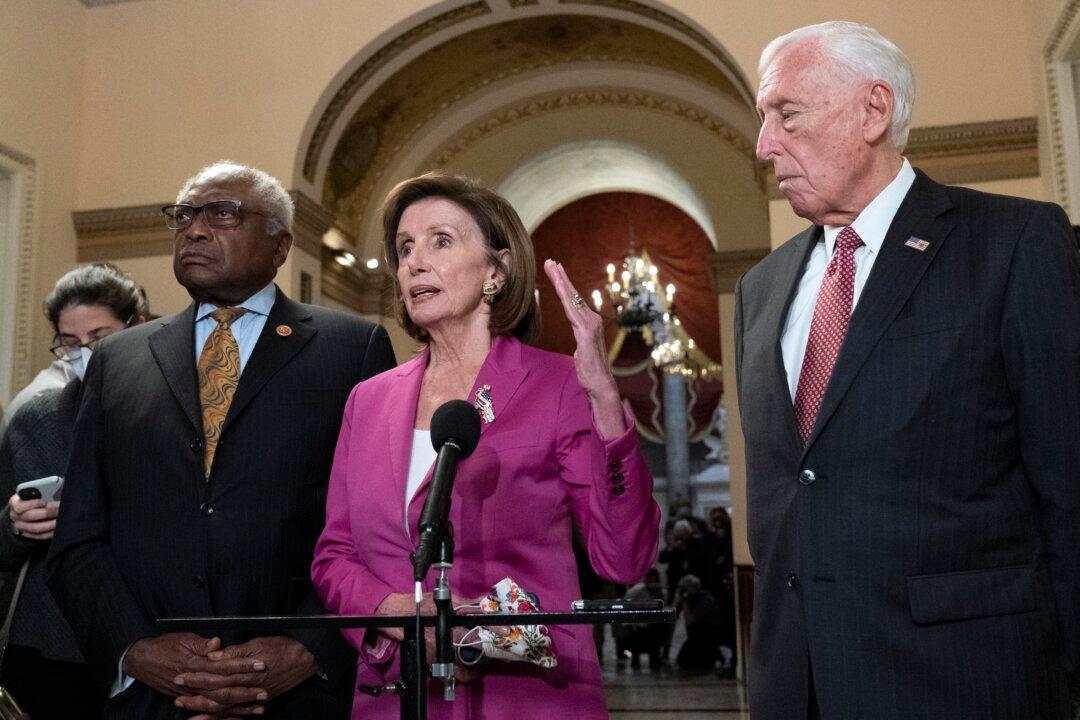Democrats have been forced to postpone a vote on President Joe Biden’s ambitious $1.75 trillion budget bill, but plan to move forward with a vote on the bipartisan $1.2 trillion infrastructure bill.
The decision to postpone the budget vote, coming after negotiations with moderates fell through, is another loss for the party. Biden’s legislative agenda is now months off schedule, as leadership still cannot rally enough votes behind either bill to advance them individually or together.





